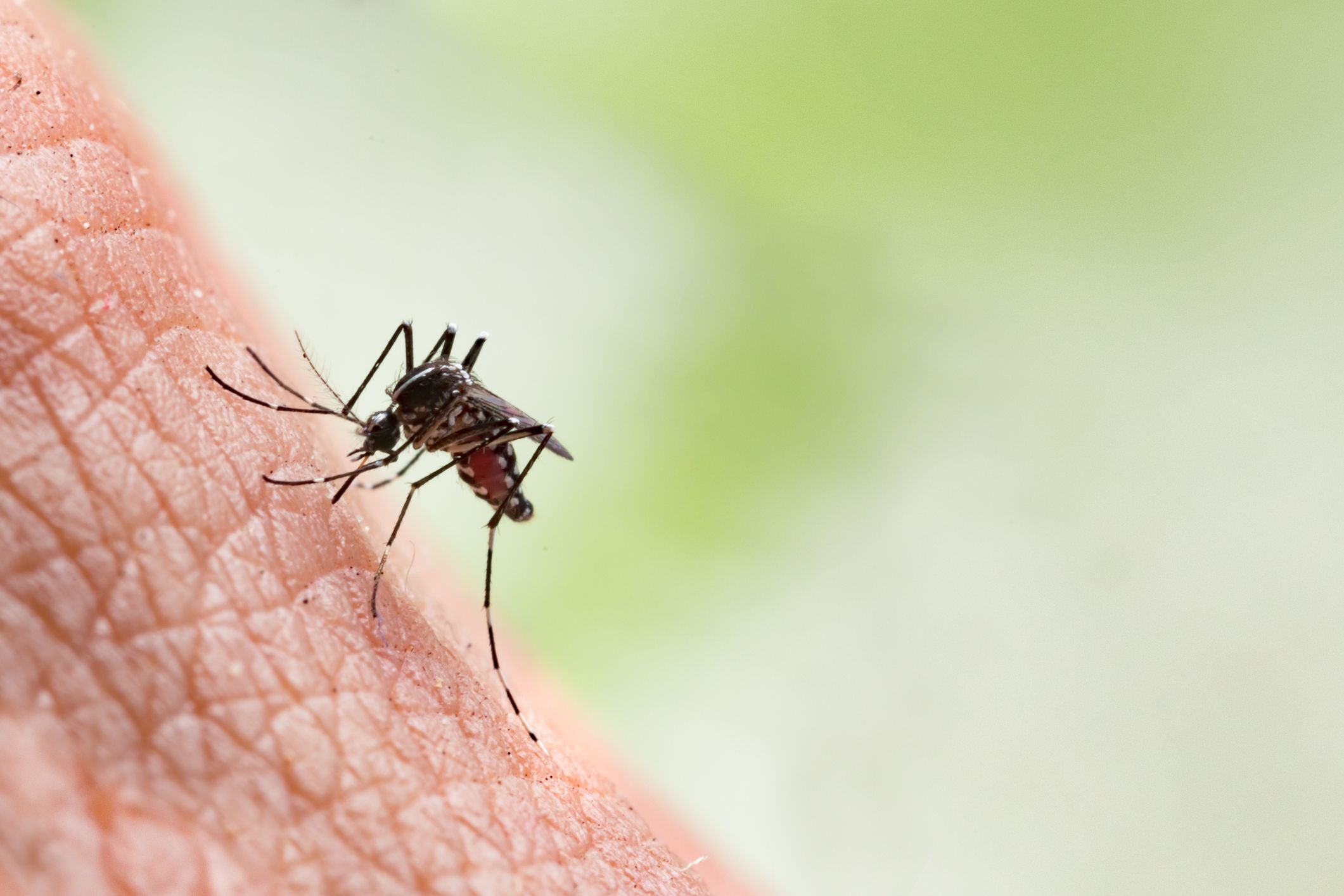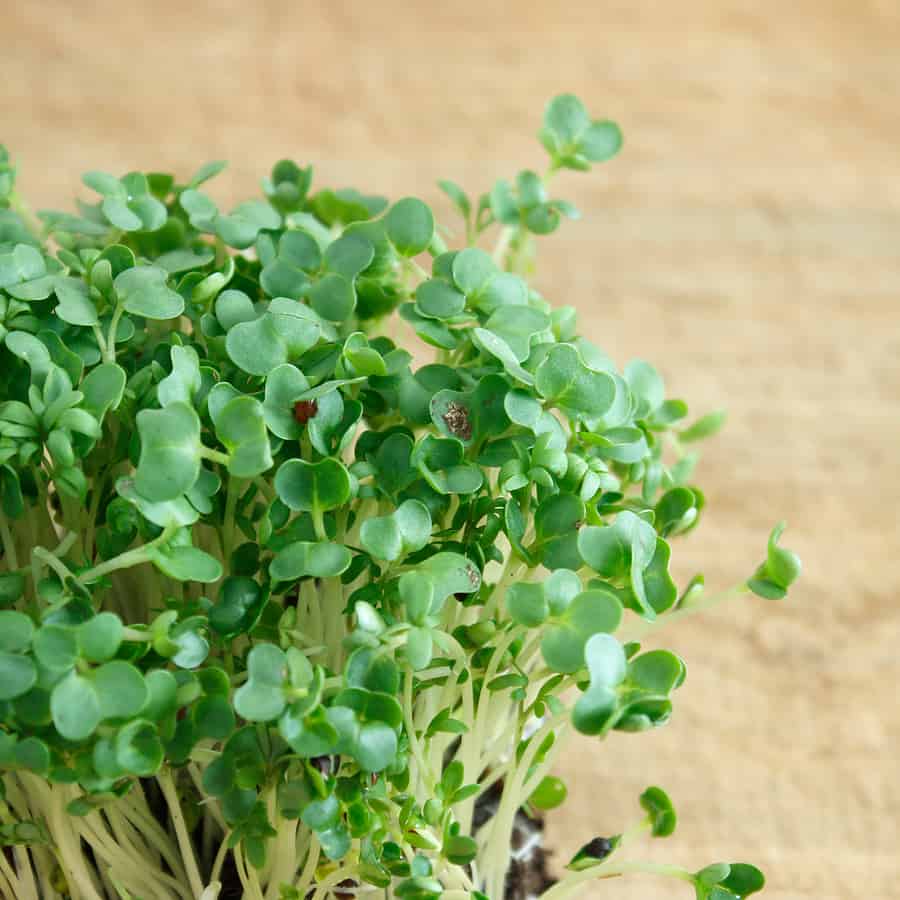Health
7 Benefits of Epazote and side effects

Table of Contents
Discover the 7 shocking health benefits of Epazote and side effects.
Epazote, also known as paico or acahualillo, is a widely used medicinal plant, as its essential oils contain vermifuge, antibiotic, digestive properties, and strengthen the immune system.
This plant, whose scientific name is Chenopodium Ambrosioides, grows spontaneously in lands that surround the houses, it has elongated leaves of different sizes and dark green, its flowers are small and whitish.
Epazote can be bought in certain markets or health food stores, in its natural form, in dehydrated leaves, or essential oil.
Because it is considered a plant with a degree of toxicity, it should preferably be used under the guidance of a health professional, in addition to the use of tea from its leaves instead of essential oil, since it contains a higher concentration of potentially toxic substances.
Health Benefits of Epazote
Although epazote is a plant that is widely used in traditional medicine, it has few studies that confirm its properties in the body.
Despite this, several investigations have been carried out with this plant in animals, concluding that it has effects such as:
1. Eliminate intestinal parasites
This is one of the most popular uses of epazote and, according to some human studies, the use of this plant has a strong action against different intestinal parasites, such as worms and tapeworms.
This action seems to be related to the main active substance in epazote, ascaridol, which is similar in efficacy to some antiparasitic drugs, such as Albendazole.
2. Benefits of epazote for immune system
According to research carried out in animals, the use of epazote extract seems to be able to regulate the production of some cells important for the body’s defense, such as macrophages and lymphocytes, strengthening the immune system.
The mixture of epazote leaves with milk is popularly used to help in the treatment of respiratory diseases, such as bronchitis and tuberculosis, due to the union of the strengthening effects of the immune system and expectorants that these substances possess.
Another common use of epazote is in the relief of inflammation, mainly joint problems, such as osteoarthritis. Additionally, the plant also helps relieve pain from inflammation.
This analgesic action was observed in the use of the alcoholic extract of the plant, which seems to act on the NMDA receptors.
4. Benefits of epazote for digestion
Although there are no studies that prove the action of this plant on poor digestion, this is one of the popular uses in which it is used the most.
According to its use, epazote tea can be taken after large meals, to improve digestion, as it could be able to increase gastric juice production.
5. Benefits of epazote for blood pressure
In Morocco, epazote is frequently used to help treat high blood pressure and, according to studies in mice, this property is due to the stimulation of type 2 muscarinic receptors in the heart that slightly decrease the heart rate. , in addition to relaxing the heart muscle.
6. Combat bacterial, viral, and fungal infections
Both the use of epazote extract and essential oil has shown a powerful antimicrobial action that is capable of eliminating various types of bacteria, viruses, and fungi.
7. Avoid osteoporosis
In some investigations carried out in laboratory mice, the use of the hydroalcoholic extract of epazote was able to prevent the loss of bone density and can be applied to prevent the onset of osteoporosis, especially in women who are close to entering menopause.
Is epazote used to treat coronavirus?
A study carried out in 2020 by the Oswaldo Cruz Institute, confirmed the hypothesis that the flavonoids present in epazote may be able to prevent the replication of the new coronavirus, accelerating the recovery and cure of COVID-19.
However, the study was conducted on a computer model and has not been tested in a laboratory, nor living organisms.
For this reason, the dose necessary for treatment is not known, nor are the possible side effects.
For this reason, no health organ recommends the use of epazote as a treatment for COVID-19 until new studies are carried out.
How to use epazote
The most common way to take advantage of the properties of this plant is by infusing its leaves, preparing a tea:
Epazote tea: place a cup of the fresh plant with the seeds in boiling water and let it rest for 10 minutes. Afterward, strain and drink a cup up to 3 times a day.
In addition to infusion, another popular way to use epazote is an essential oil, however, its use must be guided by a naturopath, psychotherapist, or a health professional with experience in the use of medicinal plants.
How to Make epazote tea
Ingredients
8 large stems and leaves of fresh epazote
2 quarts boiling water
Procedure
- Add epazote to boiling water and let simmer for 2 minutes.
- ove from heat and let steep for another 3 minutes.
- Strain and serve.
Side effects of epazote include irritation of the skin and mucous membranes, headache, vomiting, nausea, palpitations, damage to the liver or kidneys, visual disturbances, and seizures, in case of doses higher than recommended or for a time. longer than 3 days in a row.
Is epazote abortifacient?
In high doses, the properties of epazote can act by altering the contractility of the body’s muscles; For this reason, it can have an abortive effect in certain people, not advising its use in pregnant women.
Contraindications
Epazote is contraindicated in pregnant women and children under 2 years of age.
This medicinal herb can be toxic, requiring a medical indication to establish the recommended dose
Health
10 Benefits of charcoal soap and side effects

Table of Contents
Health
Mosquito bite: The Miracle Cure Against It

Discover The Miracle Cure Against Mosquito Bite.
Have you been bitten by a mosquito again?
They have the gift of stinging us when we spend a quiet evening on the terrace!
And then, hello the itching!
We only want one thing, and that is to scratch ourselves to the point of blood. It’s super annoying!
Fortunately, my grandmother gave me her natural remedy to quickly relieve a mosquito bite.
The miracle trick is to apply a paste of baking soda and witch hazel water. Look :
What you need
- baking soda
- witch hazel water
- cup
How to do
- Put three teaspoons of baking soda in a cup.
- Pour a teaspoon of witch hazel water
- Mix to obtain a paste.
- Apply the paste to the bite.
- Leave on.
Results
And there you have it, thanks to this remedy, you have stopped the itching of mosquito bites in their tracks 🙂
Easy, fast, and efficient, isn’t it?
It is a simple treatment that makes the sting deflate and disappear quickly!
This remedy is completely natural and very gentle. It is ideal for the fragile skin of children and babies.
And you don’t even need Apaisyl cream … it’s much more economical that way.
In addition, it works for all insect bites: mosquitoes, spiders, horseflies…
Why does it work?
Baking soda soothes the itchiness. It acts as an antiseptic and disinfectant. It thus calms the inflammation caused by the sting.
Witch hazel water also disinfects the sting and soothes the itchy sensation.
It also refreshes the skin and heals the irritated part thus bringing an immediate feeling of well-being.
We also find witch hazel in the composition of calming gels after insect bites from Hansaplast.
What is witch hazel?
Witch hazel is a plant native to North America.
Witch hazel water comes from the indirect distillation of dried witch hazel leaves. It takes about 60 kilos of leaves to get a thousand liters of water.
The many benefits of witch hazel have been recognized for a very long time.
It helps disinfect wounds. Applied in massage, it is an effective venous tonic and stimulates blood circulation.
It also has anti-inflammatory properties and as such, it relieves rheumatic and arthritis pain.
It is also an asset in your beauty kit. Used in rinsing water, it eliminates dandruff.
Finally, it is also found in perfumery, because its smell is very pleasant. It is similar to that of cut grass with a hint of mint in addition.
Health
17 Benefits of Garden Cress You Never Dreamed of

Table of Contents
-

 Food5 months ago
Food5 months ago10 + Benefits of carrot juice and side effects
-

 Food5 months ago
Food5 months ago8 shocking benefits of leek juice and side effects
-

 Health5 months ago
Health5 months agoBenefits of guava leaves Sensually
-

 Health5 months ago
Health5 months ago10 shocking health benefits of Canary seed milk
-

 Health5 months ago
Health5 months ago7 health benefits of cashew leaves and side effects
-

 Health5 months ago
Health5 months ago13 shocking health benefits of Thai eggplant
-
Weight Loss5 months ago
Chrissy Metz Weight Loss Secret (2022)
-

 Weight Loss5 months ago
Weight Loss5 months agoKelly Osbourne weight loss 2022












